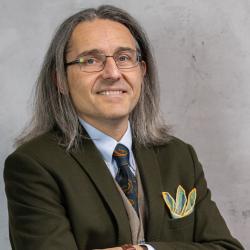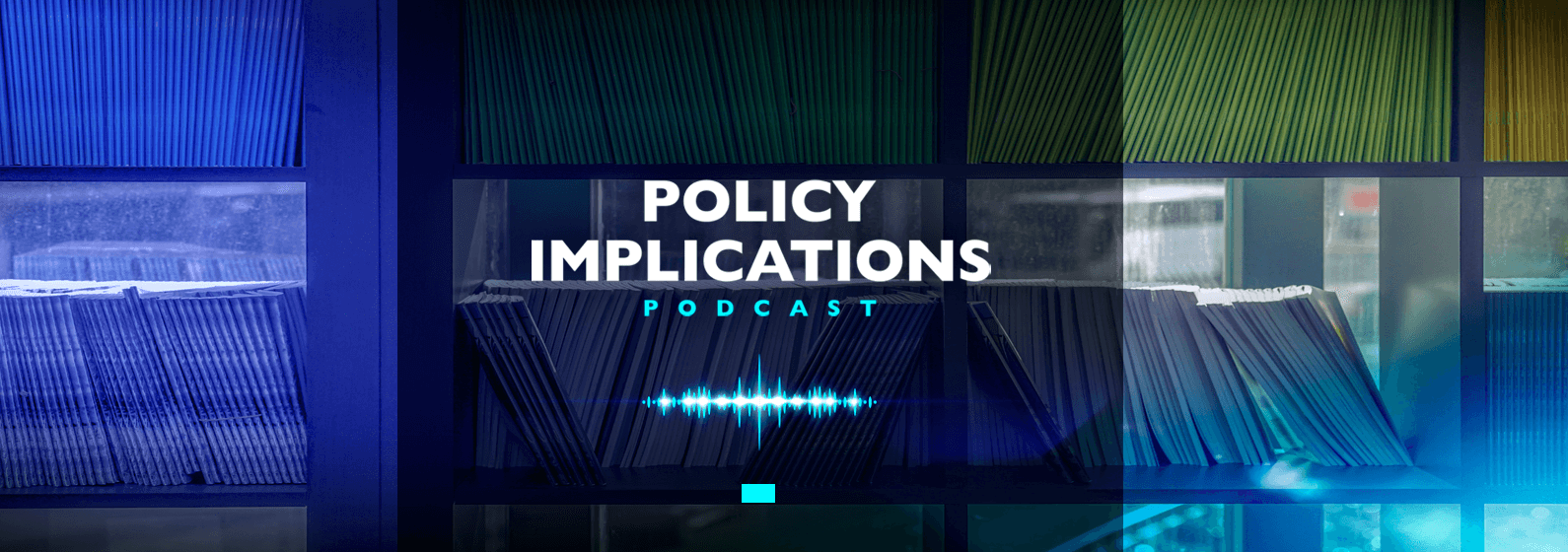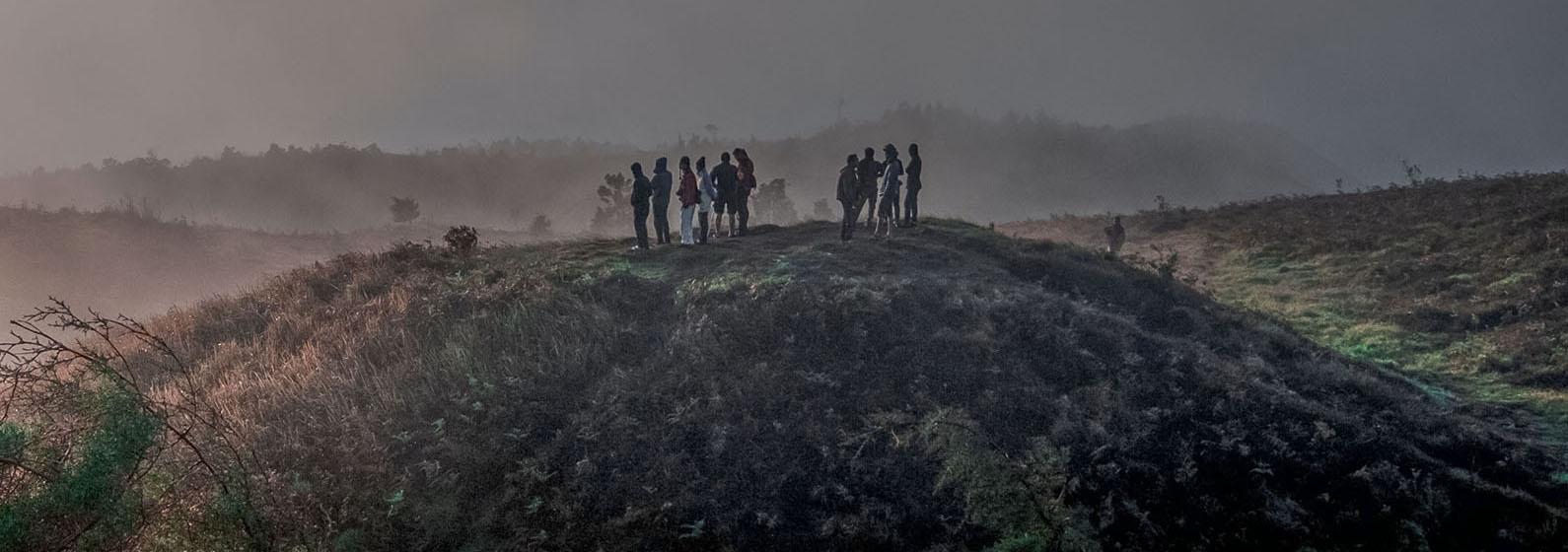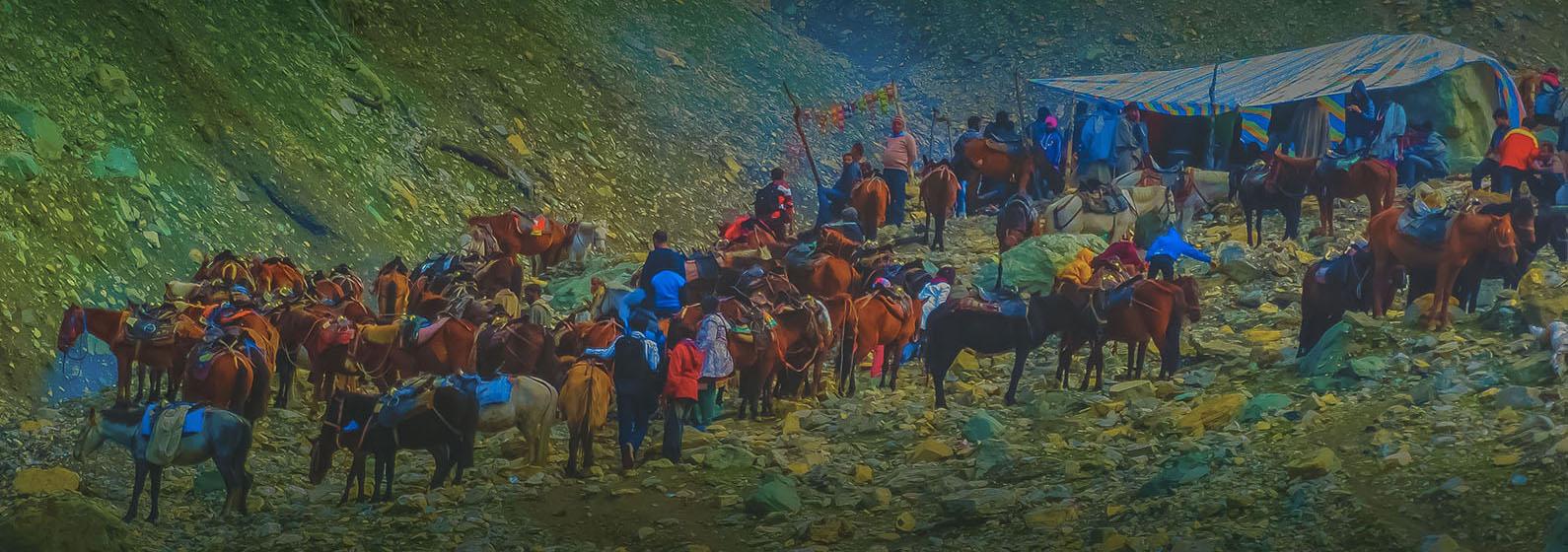To start with, I must confess I’m full of concern, and the future doesn’t look too bright to me. After 1989, when nobody expected communism to end, a crisis of trust in social sciences came about. After the 2008 crisis, economists – at least neoliberals – lost all their standing, and their opinions started to be considered as “bankster lies”. The 2015 migration crisis (and the later identity politics conflict) undermined the trust in social psychology and related studies of identity – which started to be seen as ideologically motivated propaganda.
And this crisis, I believe, will lead to similar consequences – with natural and medical sciences becoming the targets this time. It has turned out that there is no ready-made solution to fight the pandemic. We even don’t have reliable data on the nature and the range of this pandemic. We’ve seen “Big Pharma” and depopulation conspiracy theories (treated very seriously this time) creeping into public discourse. Due to the mass production of poor-quality content – spreading virally across social media, and because science and research have been behind paywalls, the role of modern-day authorities has been taken over by swiftly operating anti-vaccination media organisations, celebrities, and people building their reputation based not on expert knowledge but on personal experience.
There is hope that something will remain unscathed and respectable – and it seems these will be big data and AI. Both of these fields of research have proven to be effective in the battle against the epidemic. Big data gives more accurate and reliable estimations than traditional statistical data collected by public institutions, and AI, utilised in medical research, promises a quick breakthrough. Even if it’s just hope and there is no breakthrough after all, or if it’s caused by “old” structures – the crisis will transfer us to a digital world, which will become accepted and somewhat trustworthy. Big data is now a tool to defend ourselves from a disease, not a Facebook conspiracy. AI helps us perform diagnostics, test drugs, and prevent the spread of the virus. Something that once seemed mysterious, a dark force has now become an everyday – useful – companion. Plus, it gives us the much-needed sense of control over the world (strongly weakened by the pandemic and the climate crisis).
The text is part of the publication "The New Normal. Reality in the times of the global Covid-19 pandemic. A commentary by the faculty of Kozminski University".




